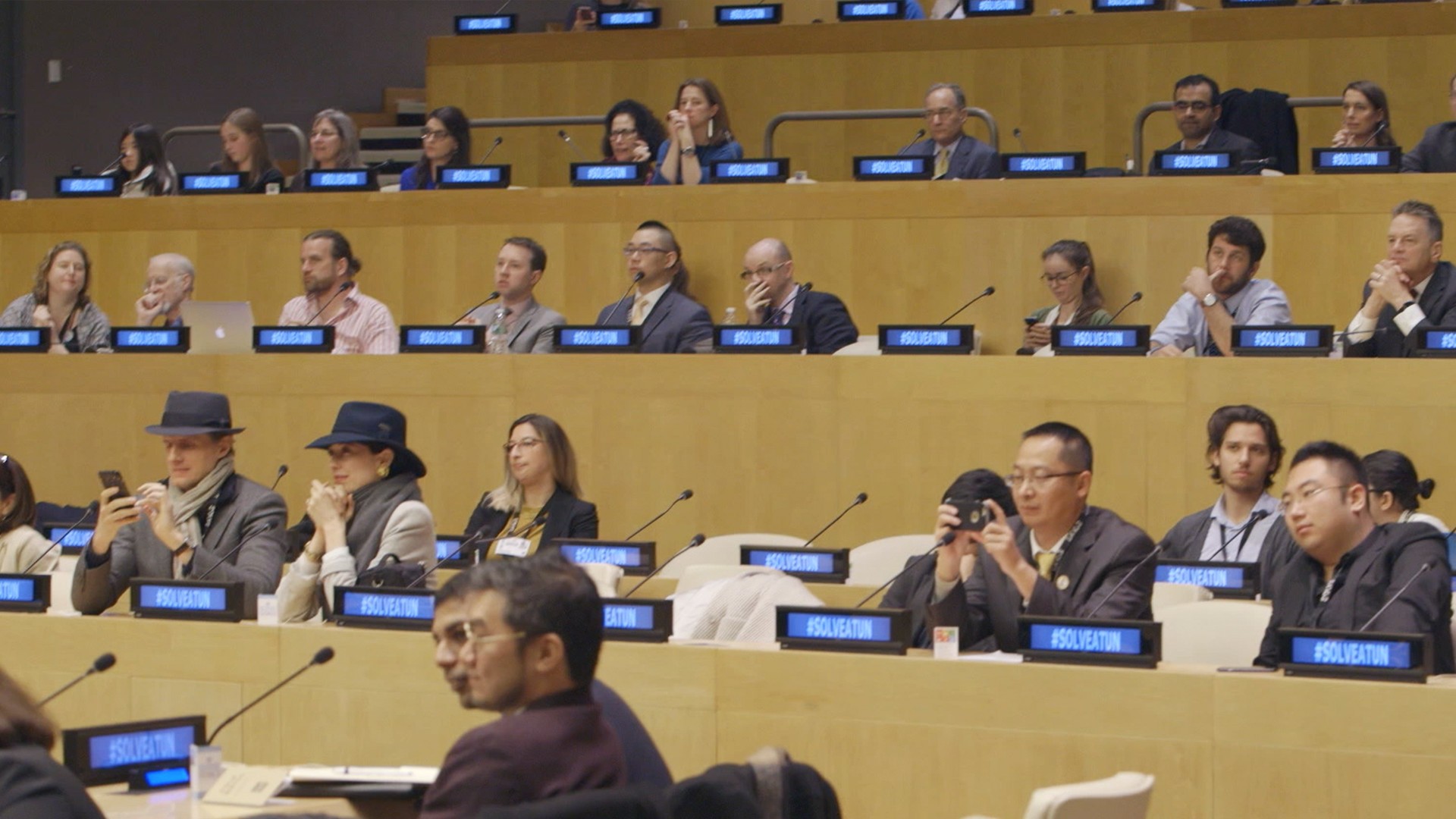Photo via Wikimedia Commons
This is an opinion piece by Peter Marino, the Executive Director and Research Director at the Metropolitan Society for International Affairs and Senior Engineer at the Global Narratives Project.Most Americans who are politically active have a pretty good idea how to influence domestic policies. Whether they're local zoning ordinances, state laws or social and tax policy in Washington, the mechanisms are there and well-known. Join a march or a protest, pester your legislator, start or participate in an activist league. The stakes are clear, the pathways to influence well-trod and the narrative understandable. But when it comes to trying to make an impact on foreign policy, it's suddenly an impenetrable, incomprehensible morass. Aside from anti-war marches, when they happen, or rallies to support climate or trade treaties, there's essentially no public participation in influencing foreign policies.In large measure, this is because most foreign policy is pretty broad, abstract and distant from most people's lives. There's just no clear way to connect any random American foreign policy decision to the experience of your life or the outcome of events you observe. But at the Metropolitan Society for International Affairs, we're working to change that, and in so doing, make a broader point about America in the world in the 21st century.
Watch some more video from VICE Impact:
Already in the Trump era, we've seen New York City disagree strongly with Trump and friends on climate and on immigration and take a combatively antagonistic approach to it. And as much as we might cheer the specific policy itself, this kind of negative autonomy doesn't go very far. We need positive autonomy, too. We need the institutions and finances and practices and civic participation that are necessary to an autonomous Metropolitan foreign policy. We won't be resisting forever.Already at the Met Society, we're working on policy proposals to explore a "Metropolitan Foreign Service" for NYC representation across the country and across the world. We're working on new ideas for "Metropolitan Security" that bring together institutions and missions and establish a more networked, integrated and global understanding of what a secure city is, and how we can create what we need right here in New York City to make it happen.
Advertisement
The Met Society is New York City's foreign policy think tank and public policy nonprofit organization. We were founded last year as part of a broader mission to begin rethinking U.S. foreign policy itself, and the practices and people and objectives that make it up, and to start at the level of the city. To do this, we are working to ideate and develop something we're calling "Metropolitan Foreign Policy," and we're focused on New York City -- what it means, how it might work out, and how would it be possible to participate at the local level and make an impact on this new kind of policy.To be clear, we're not talking about New York City independence, or secession or any other crazy idea like that. What we're talking about is rethinking how the city, its civil society and its government can start to enumerate, identify and act on the interests that are unique to New York City on its own in a way that's more autonomous. We want to develop ways to work in parallel with and augment the work of the State Department when it makes sense, articulate when we disagree, and importantly, chart our own course when something doesn't make it onto D.C.'s policy radar screen."Aside from anti-war marches, when they happen, or rallies to support climate or trade treaties, there's essentially no public participation in influencing foreign policies."
Advertisement
Watch some more video from VICE Impact:

Already in the Trump era, we've seen New York City disagree strongly with Trump and friends on climate and on immigration and take a combatively antagonistic approach to it. And as much as we might cheer the specific policy itself, this kind of negative autonomy doesn't go very far. We need positive autonomy, too. We need the institutions and finances and practices and civic participation that are necessary to an autonomous Metropolitan foreign policy. We won't be resisting forever.Already at the Met Society, we're working on policy proposals to explore a "Metropolitan Foreign Service" for NYC representation across the country and across the world. We're working on new ideas for "Metropolitan Security" that bring together institutions and missions and establish a more networked, integrated and global understanding of what a secure city is, and how we can create what we need right here in New York City to make it happen.
This is just for starters. There are opportunities in financial and economic exchange, education and migration, too. And all this work will be happening here, in New York City, on the local level, where you can get involved and you can participate yourself.Over the coming months and years, the Met Society is going to be hosting policy events, producing papers and engaging New York City and New Yorkers to involve a new group of people in a new set of ideas. We think that the possibilities of this metropolitan future are only just beginning, and New York City will be only one node in the global network of autonomous cities.By creating the institutions and practices needed for important decisions on foreign policies and global engagement at the local level, we hope we will be establishing a foundation for a stronger relationship between New York City and the world, and a firmer foundation for civic engagement between the city and its citizens.Read more: European Cities Are Reclaiming Public Services From the Private Sector